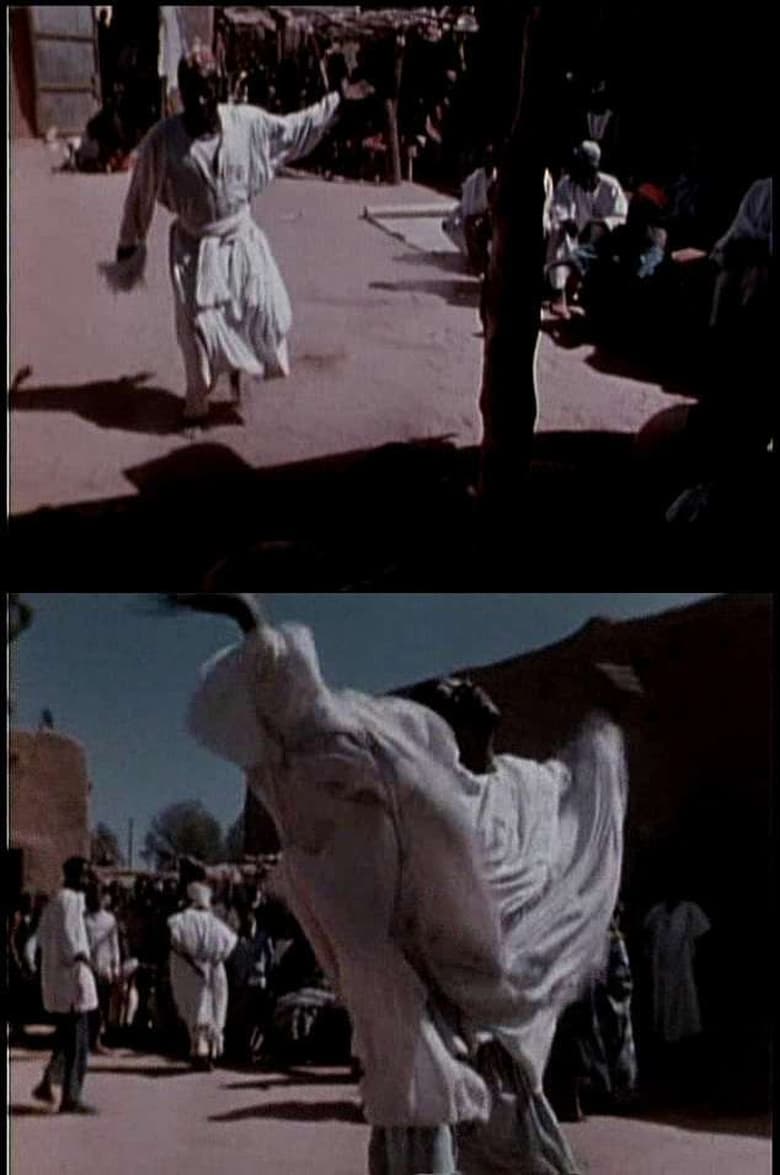
Horendi
1972
1h 12m
The title of this film translates literally as 'to put on a hori,' a hori being the Songhay term for ceremony of festival. Here it is used to refer to a ganandi, literally 'to make dance' This film concerns two women whom the zima [priest] had diagnosed some months before as being ill through possession by spirits. In the meantime, their families have gathered together the resources to pay for the musicians, dancers, and the priest himself to put on an initiation dance lasting seven days This is a film of documentation, simply recording various moments in the progress of the ceremony, without any form of explanation, neither in intertitle cards nor in voice-over. (Paul Henley, The Adventure of the Real)
If current server doesn't work please try other servers beside.
Similar Movies
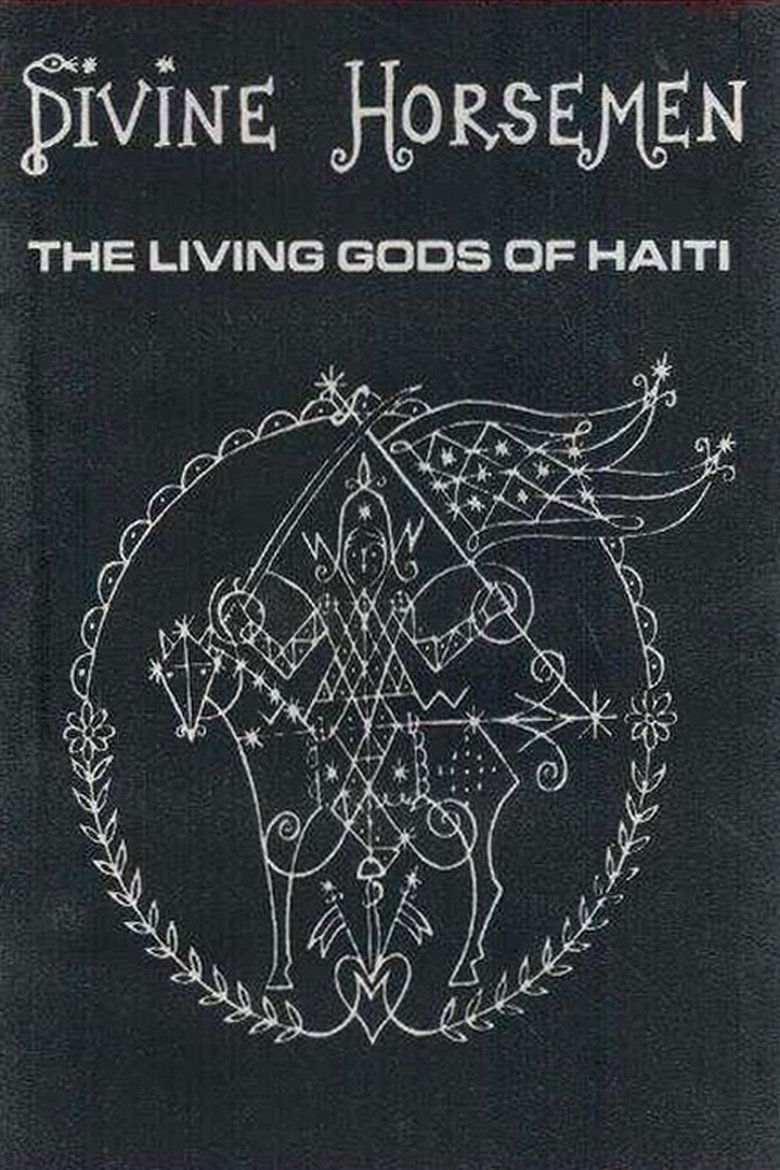
Divine Horsemen: The Living Gods of Haiti
This intimate ethnographic study of Voudoun dances and rituals was shot by Maya Deren during her years in Haiti (1947-1951); she never edited the footage, so this “finished” version was made by Teiji Ito and Cherel Ito after Deren’s death.
Rating:
6.2/10
Votes:
17
Year:
1993
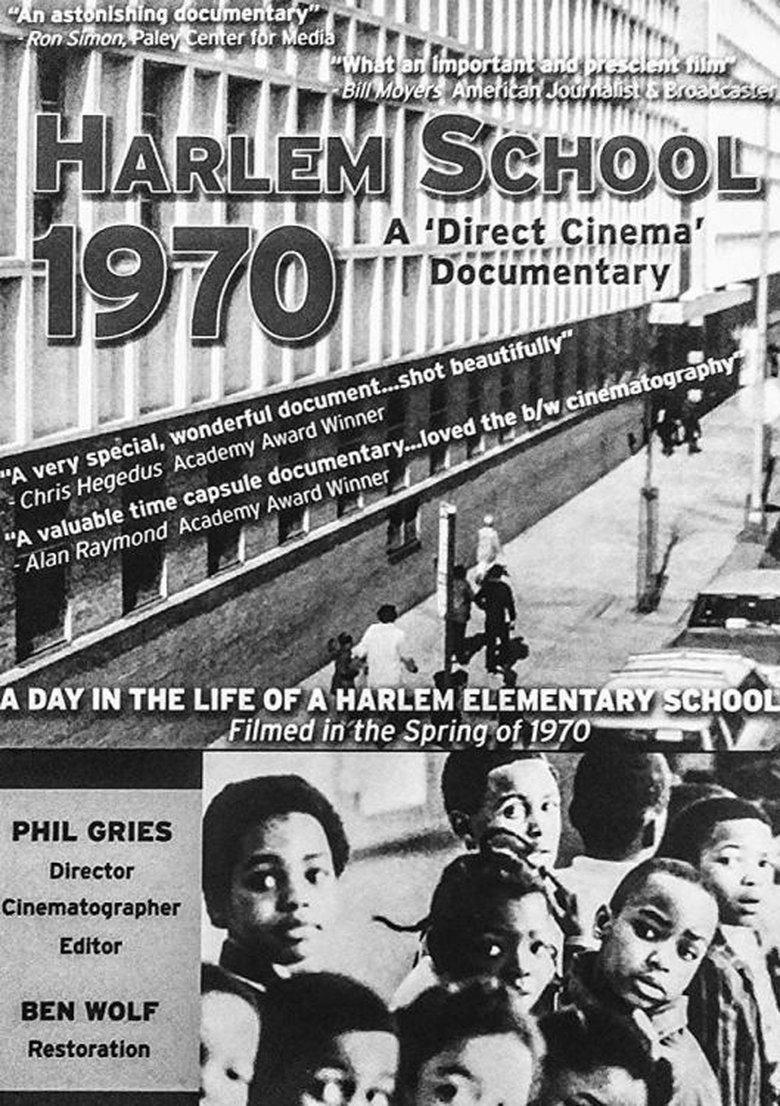
Harlem School 1970
A unique 'direct cinema' feature length documentary (no narration or interviews) originally filmed in the Spring of 1970 and concluded during the Summer of 2017 (footage added, restored, and re-edited). A day in the life of an inner-city Harlem elementary school. In 2018 filmmaker Phil Gries reunited with seven of his former Harlem elementary students whom he hadn't seen in 50 years.
Rating:
0.0/10
Votes:
0
Year:
2018
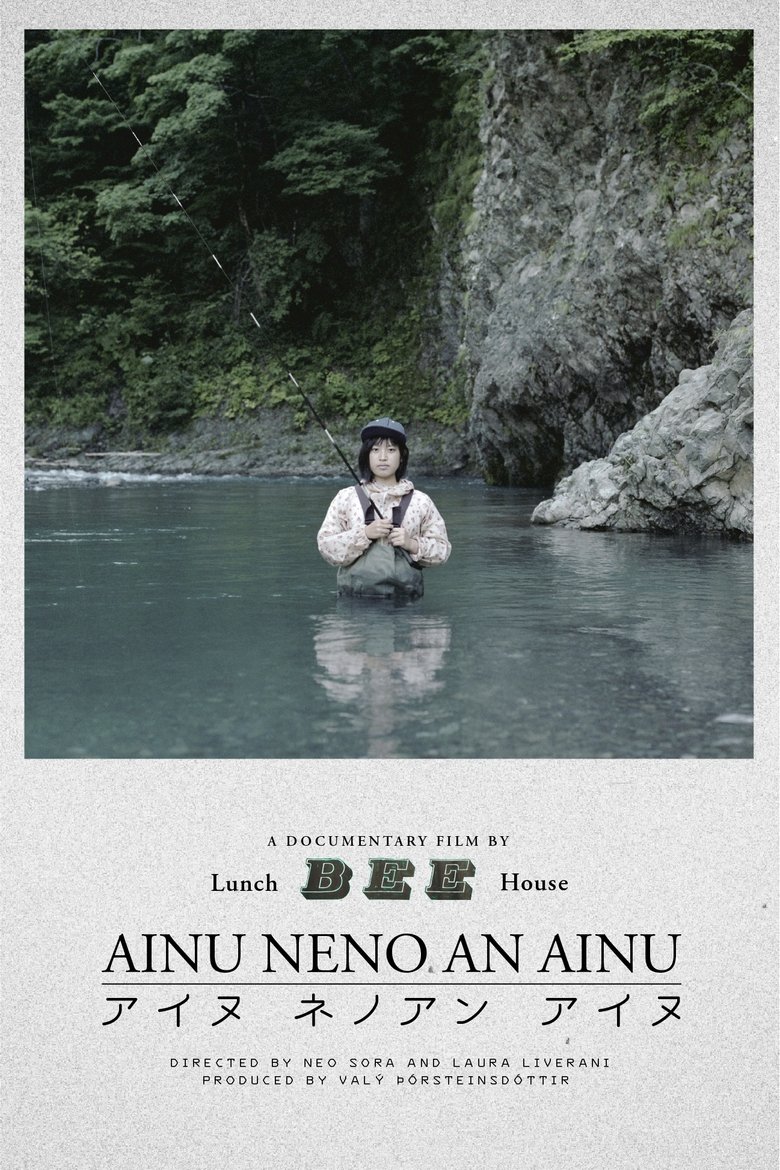
アイヌネノアンアイヌ
This documentary started as part of a photography project about the indigenous Ainu population in northern Japan, portraying people from tightly knit communities. They feel deeply connected by their culture and tradition. With gorgeous pictures, the directors explore how different generations of Ainu reflect on their identity after centuries of oppression.
Rating:
0.0/10
Votes:
0
Year:
2021
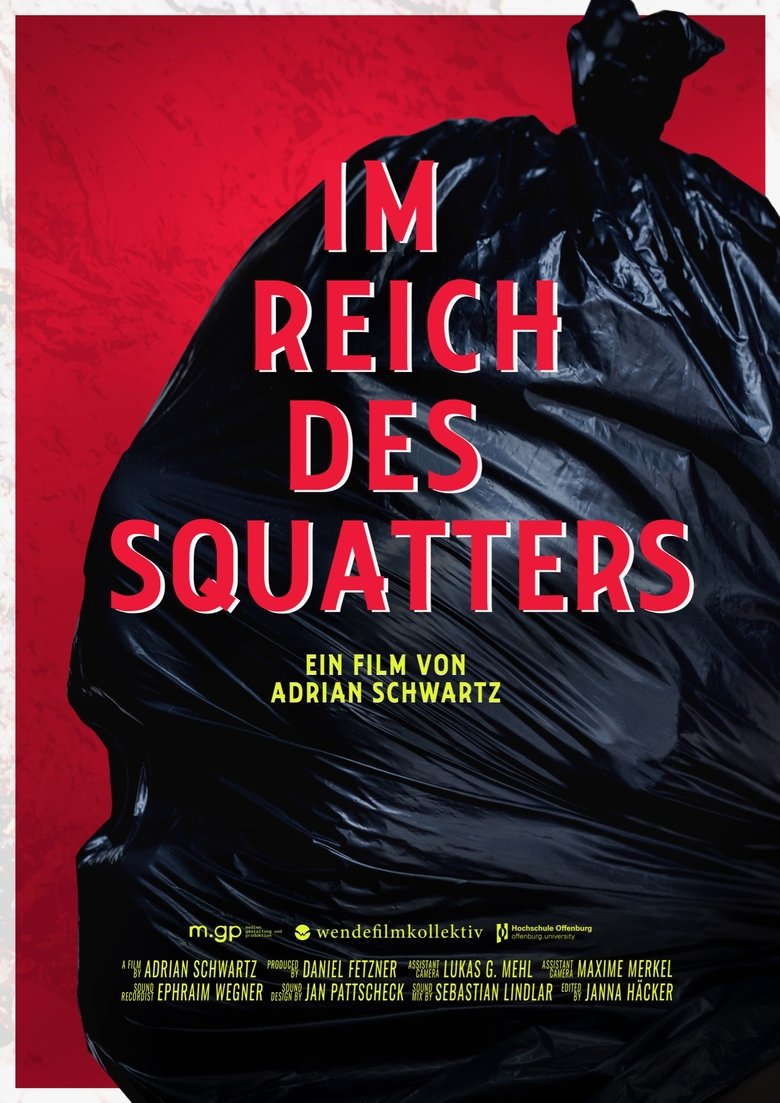
Im Reich Des Squatters
Rating:
9.0/10
Votes:
1
Year:
2020
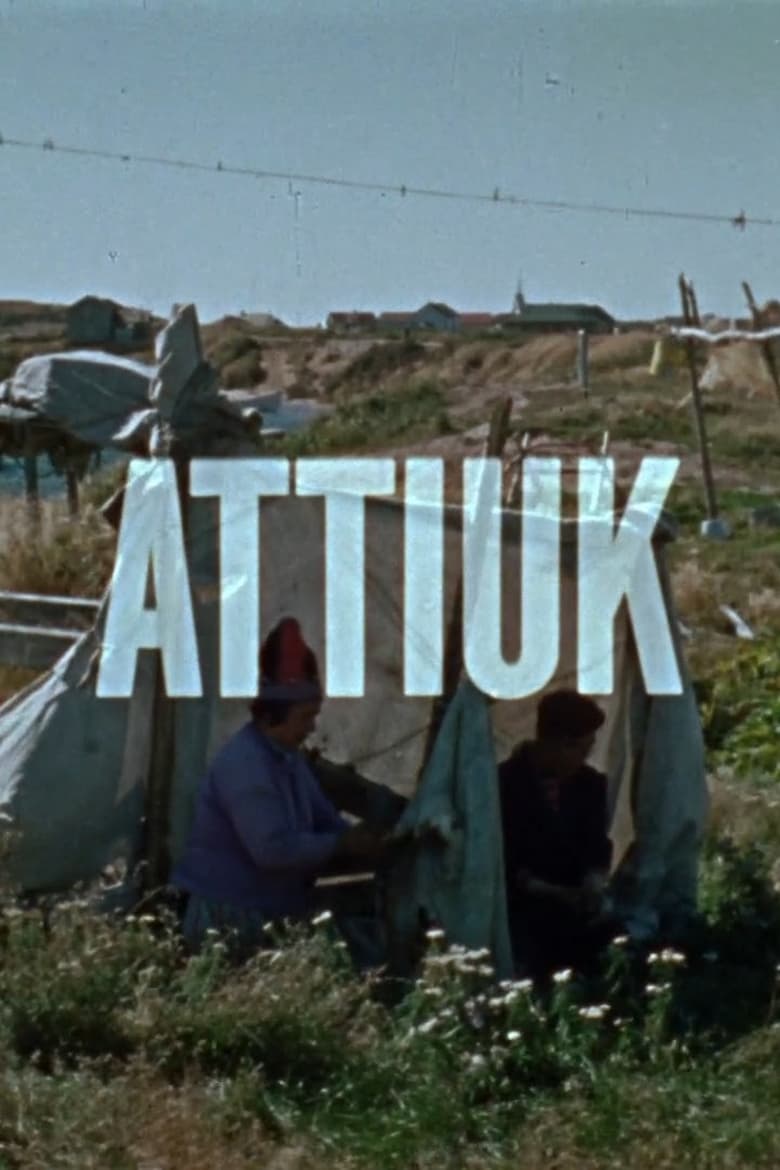
Attiuk
The people of Unamenshipu (La Romaine), an Innu community in the Côte-Nord region of Quebec, are seen but not heard in this richly detailed documentary about the rituals surrounding an Innu caribou hunt. Released in 1960, it’s one of 13 titles in Au Pays de Neufve-France, a series of poetic documentary shorts about life along the St. Lawrence River. Off-camera narration, written by Pierre Perrault, frames the Innu participants through an ethnographic lens. Co-directed by René Bonnière and Perrault, a founding figure of Quebec’s direct cinema movement.
Rating:
0.0/10
Votes:
0
Year:
1963
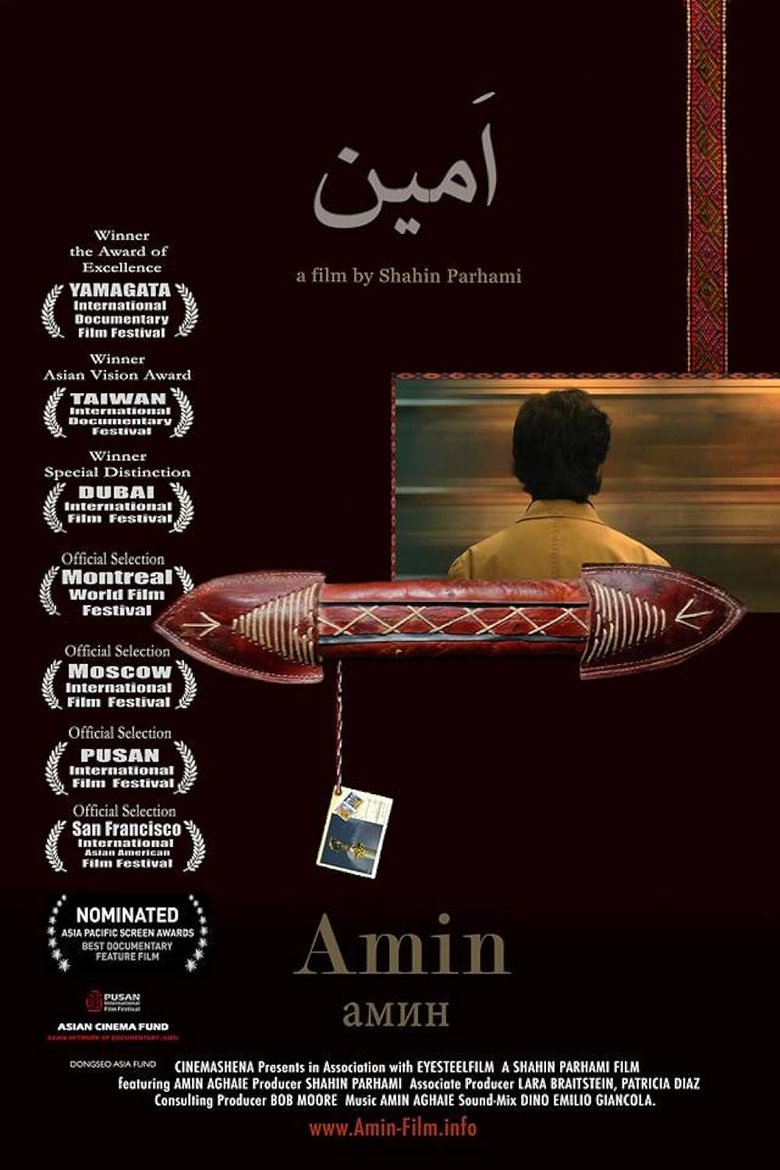
Amin
AMIN portrays Qashqai musician Amin Aghaie, a young modern nomad and his family who despite facing steep financial, cultural and political obstacles are dedicated to their art and culture. Amin travels to remote towns and villages to record the music of the surviving masters whose numbers decline each year. His nomadic family are selling their meager belongings to help support their son's education in performance and ethnomusicology at Tchaikovsky's Conservatory in Kyiv, Ukraine, but it is not enough. Amin, desperate to finish his academic education, sells his violins one at a time just to pay for his tuition.
Rating:
0.0/10
Votes:
0
Year:
2010
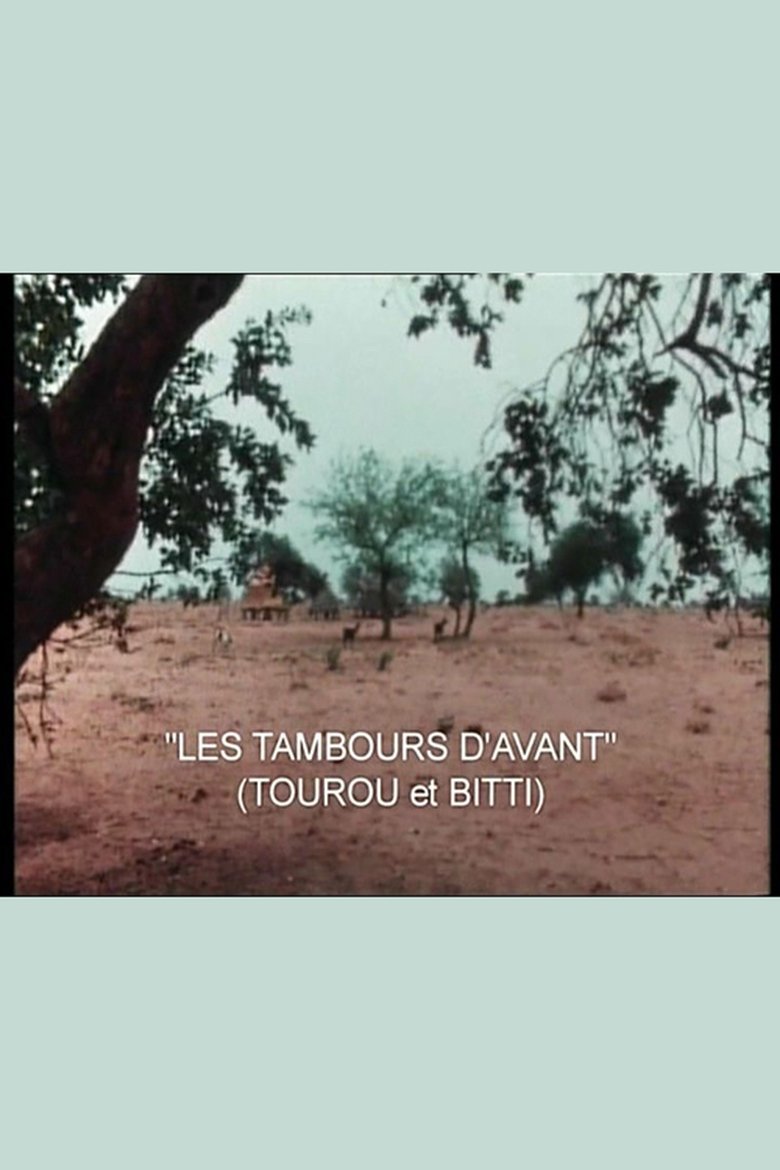
Tourou et Bitti: Les tambours d'avant
"Tourou et Bitti", an eight minute documentary concerning a ritual in Niger, is yet another example of Rouch's excellence in creating documentaries which surpass the conventional documentary format. Just as frightening and fascinating as "Les maîtres fous", this one goes straight into the roots of ancient African cultures, in which music has an hypnotic effect, being at the same time an exorcism and a public show. Both the female and the male dancers are almost deities about to be unleashed... Spectral and humanitarian.
Rating:
5.929/10
Votes:
7
Year:
1971

Asante Market Women
As retailers, wholesalers, and negotiators, Asante women of Ghana dominate the huge Kumasi Central Market amid the laughter, argument, colour and music. The crew of this `Disappearing World' film have jumped into the fray, explored, and tried to explain the complexities of the market and its traders. As the film was to be about women traders, an all female film crew was selected and the rapport between the two groups of women is remarkable. The relationship was no doubt all the stronger because the anthropologist acting as advisor to the crew, Charlotte Boaitey, is herself an Asante. The people open up for the interviewers telling them about their lives as traders, about differences between men and women, in their perception of their society and also about marriage.
Rating:
10.0/10
Votes:
1
Year:
1982
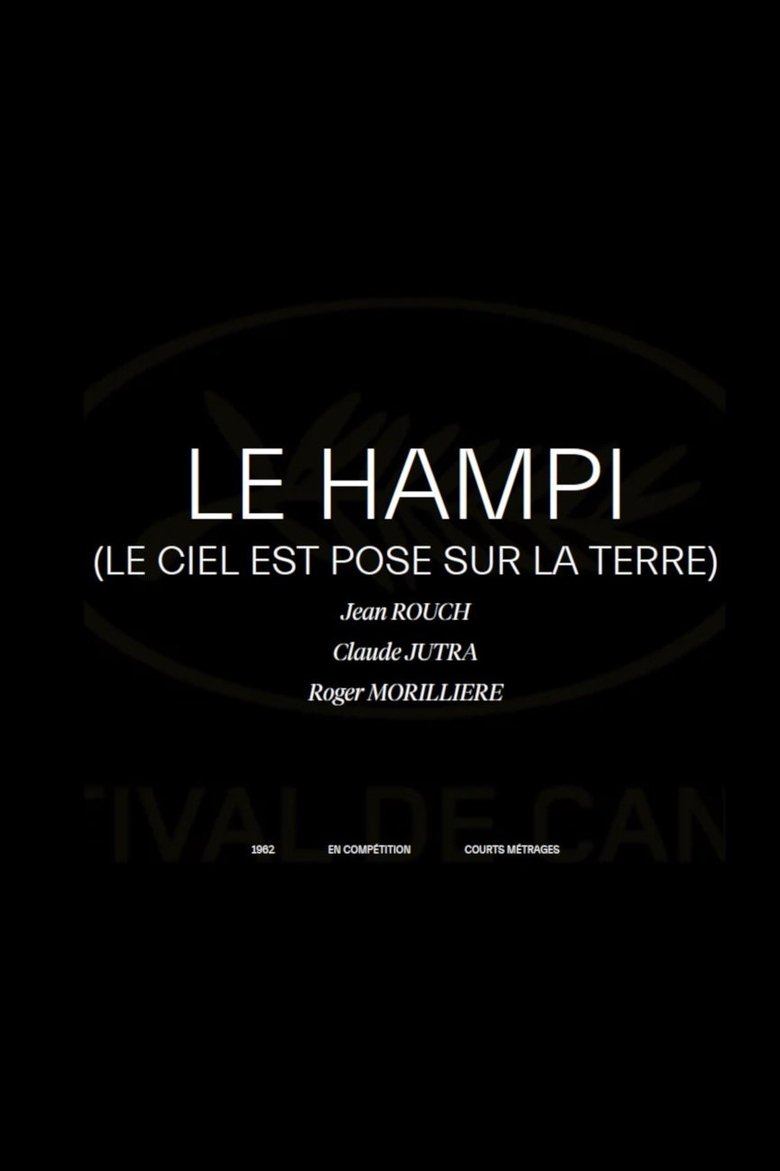
Le Hampi - Le ciel est posé sur la terre
A ritual vase, the hampi, is placed in the center of the Musée de plein air de la République du Niger in Niamey, during a ritual ceremony featuring possession dances. With this film, Jean Rouch continues his ethnological and cinematographic study of Songhay ritual objects. He demonstrates that, in a particular context, the transfer of a hampi vase to a museum requires the organization of a ritual ceremony to obtain the gods' approval. At the time, however, reservations about filming a possession dance for the opening of a shrine in a museum made the move "questionable from a museological point of view".
Rating:
0.0/10
Votes:
0
Year:
1962
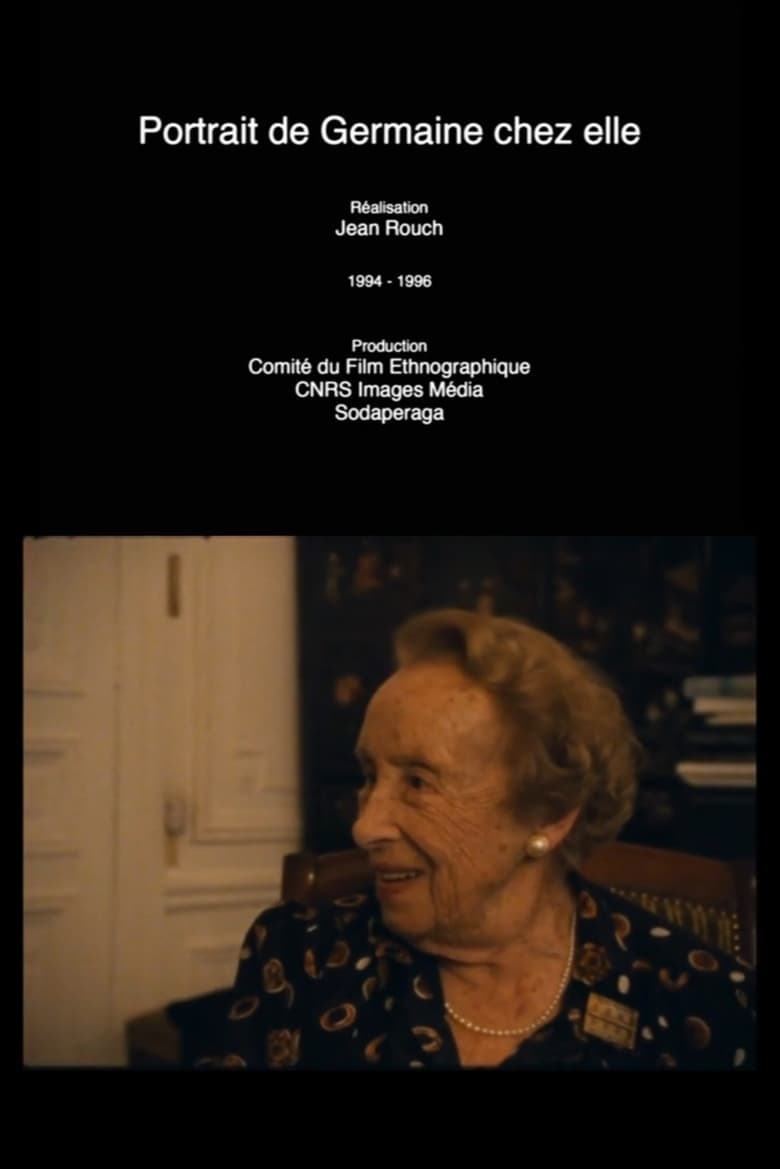
Germaine chez elle
In front of Jean Rouch's camera, Germaine Dieterlen recalls her ethnographic itinerary, at the Musée de l'Homme, in Mali and in the Paris of the 1930s.
Rating:
0.0/10
Votes:
0
Year:
1994
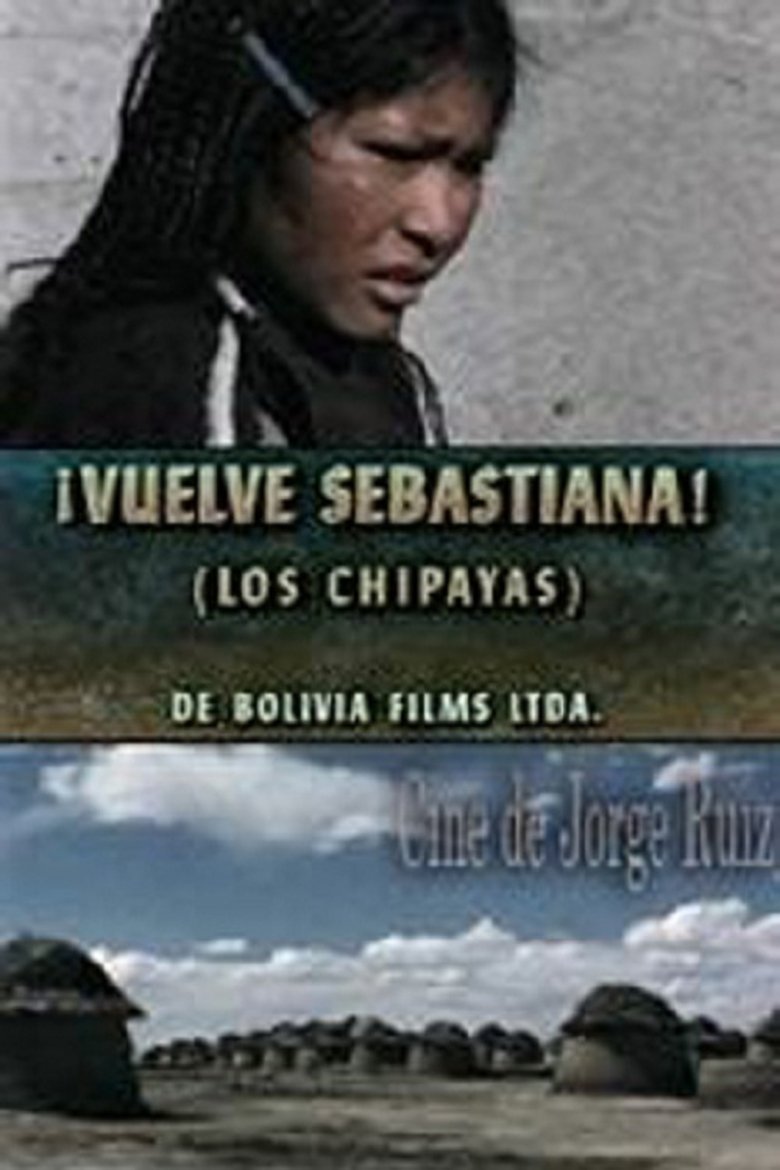
Vuelve Sebastiana
The story of a poor girl who leaves her starving family and sheep for a more prosperous village. Her grandfather finds her and tries to convince her to return to her home.
Rating:
5.0/10
Votes:
6
Year:
1953
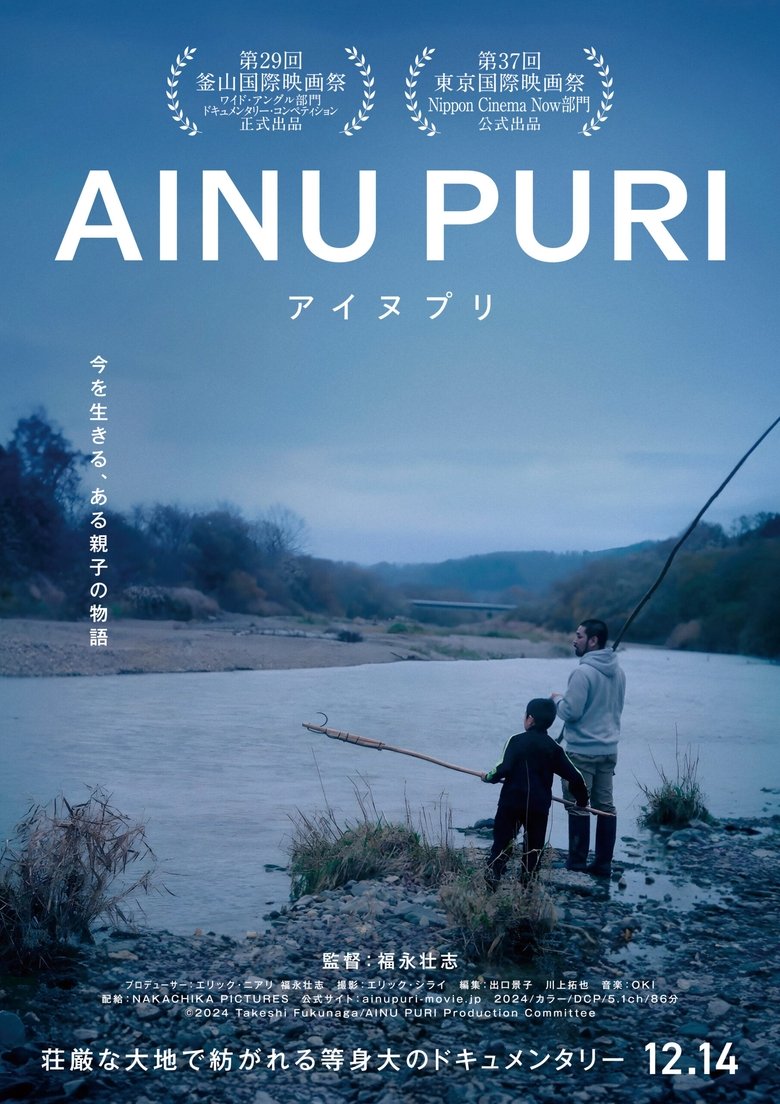
アイヌプリ
Shigeki, one of the Ainu people of northern Japan, follows the traditions of his ancestors and teaches his son Motoki about their heritage. But how can old customs be revived after centuries of suppression?
Rating:
0.0/10
Votes:
0
Year:
2024
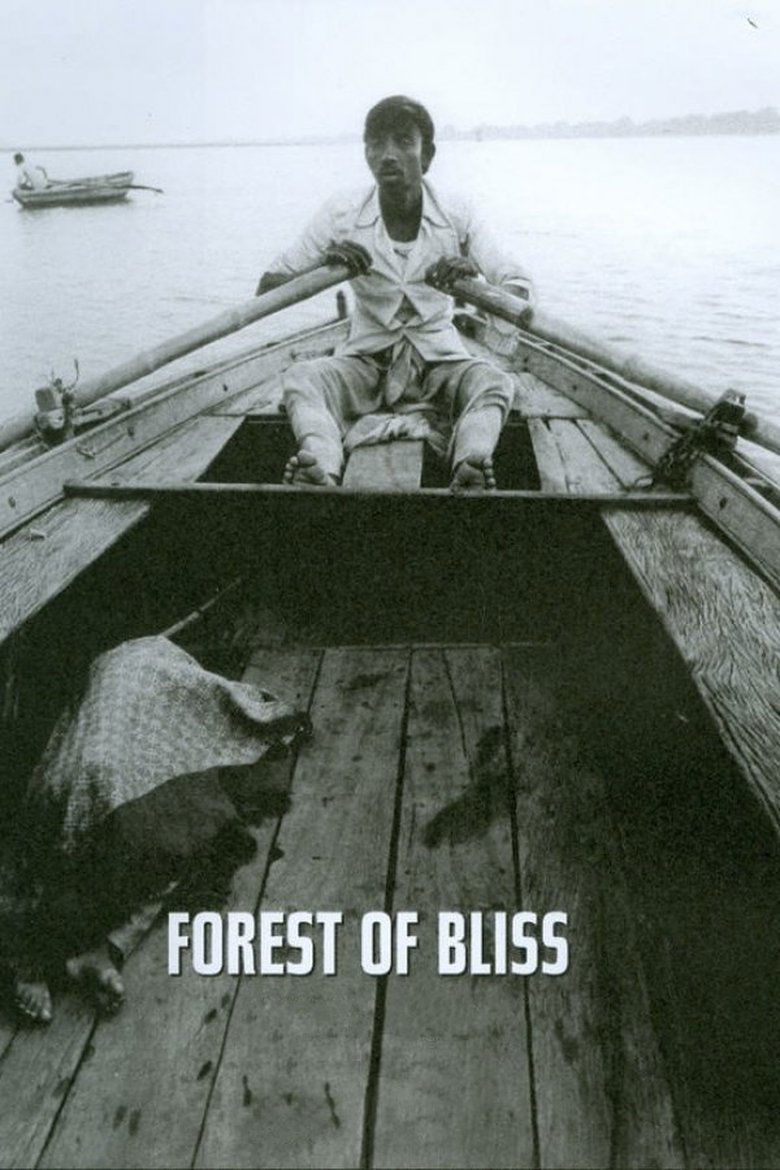
Forest of Bliss
Forest of Bliss is an unsparing yet redemptive account of the inevitable griefs, religious passions and frequent happinesses that punctuate daily life in Benares, India's most holy city. The film unfolds from one sunrise to the next without commentary, subtitles or dialogue. It is an attempt to give the viewer a wholly authentic, though greatly magnified and concentrated, sense of participation in the experiences examined by the film.
Rating:
6.5/10
Votes:
11
Year:
1986
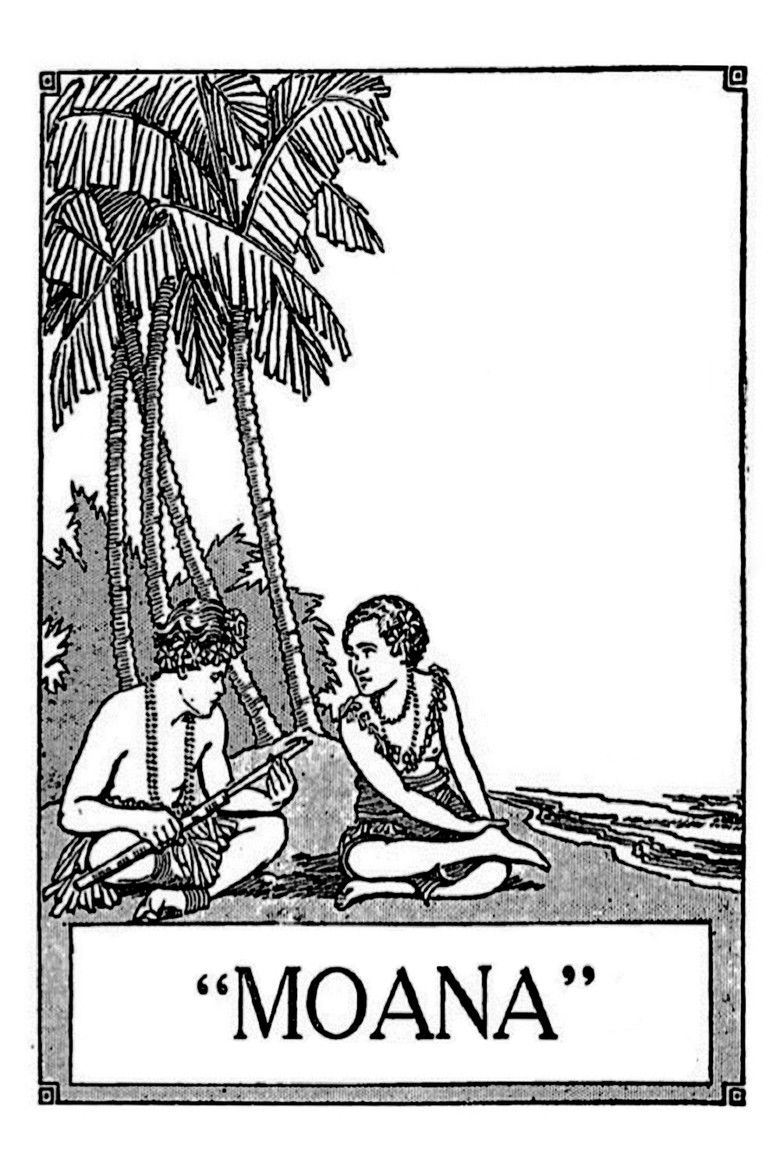
Moana
Robert J. Flaherty’s follow-up to Nanook of the North shifts from the Arctic to the South Seas, portraying Samoan village life with a painterly eye. Blending ethnographic detail with a romanticized “Gauguin idyll,” the film celebrates daily rituals, communal traditions, and the passage into adulthood, suffused with what Flaherty called “pride of beauty, pride of strength.”
Rating:
6.6/10
Votes:
34
Year:
1926
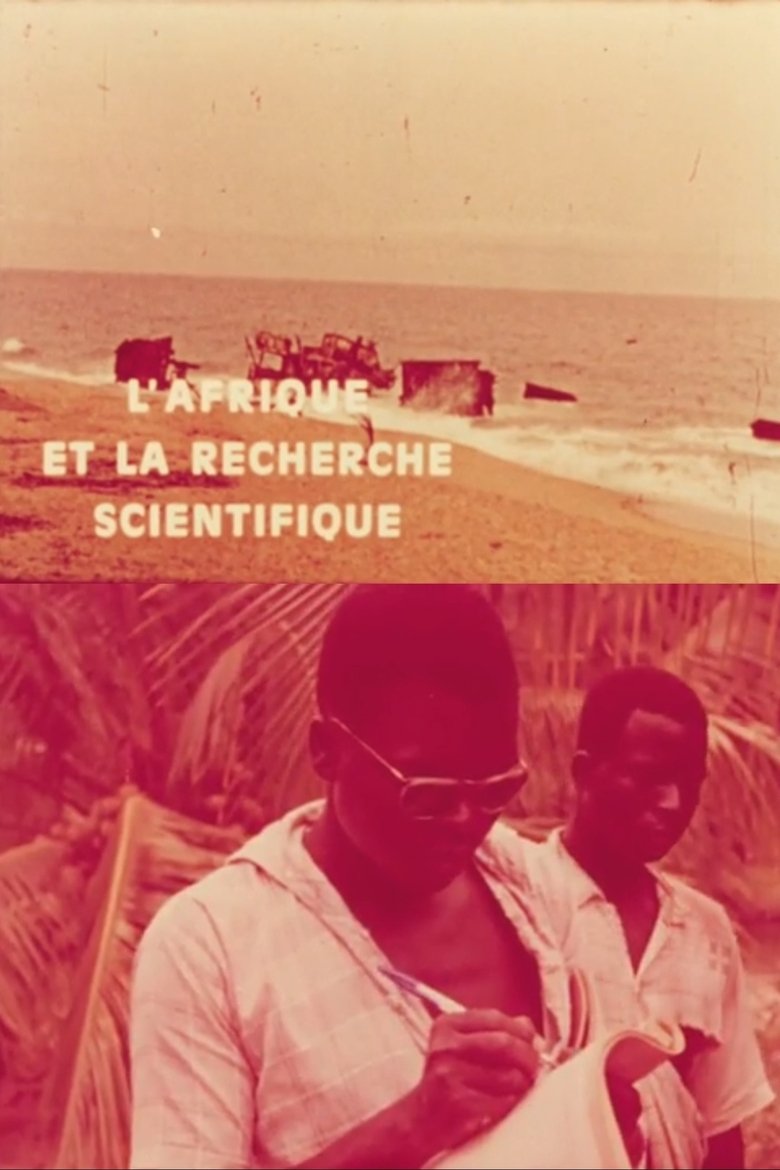
L'Afrique et la recherche scientifique
This documentary offers an overview of French scientific research in Africa French scientific research in Africa: hydrology, botany, biology oil palm and coconut cultivation, industrial sea fishing and and urban planning. Film montage taking stock of scientific research research in Africa, mainly in the fields of hydrology hydrology, botany, biology and agriculture. The film is a compilation of extracts from several short films made by Jean Rouch in Mali, Niger and Côte d'Ivoire between 1962 and 1963: Abidjan, port de pêche, Le Mil, Le Cocotier and Le Palmier à l'huile. l'huile.
Rating:
0.0/10
Votes:
0
Year:
1964

The Nuer
Portrays the Nuer, Nilotic herdsmen of the Nile basin. Shows how their daily lives revolve about their cattle, and depicts the psychological bonds between them. Includes extensive use of Nuer music and poetry.
Rating:
5.5/10
Votes:
2
Year:
1970
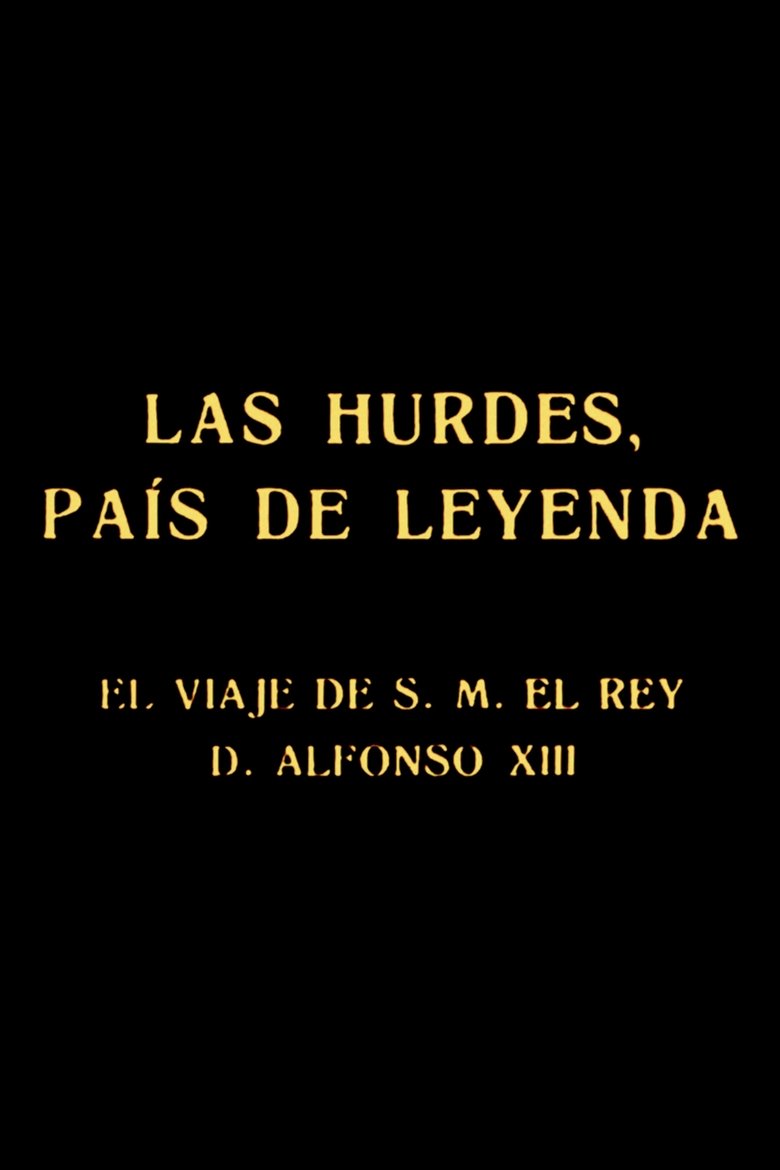
Las Hurdes, país de leyenda
An account of the journey that King Alfonso XIII of Spain made to the impoverished shire of Las Hurdes, in the province of Cáceres, in the region of Extremadura, in 1922.
Rating:
4.0/10
Votes:
1
Year:
1922
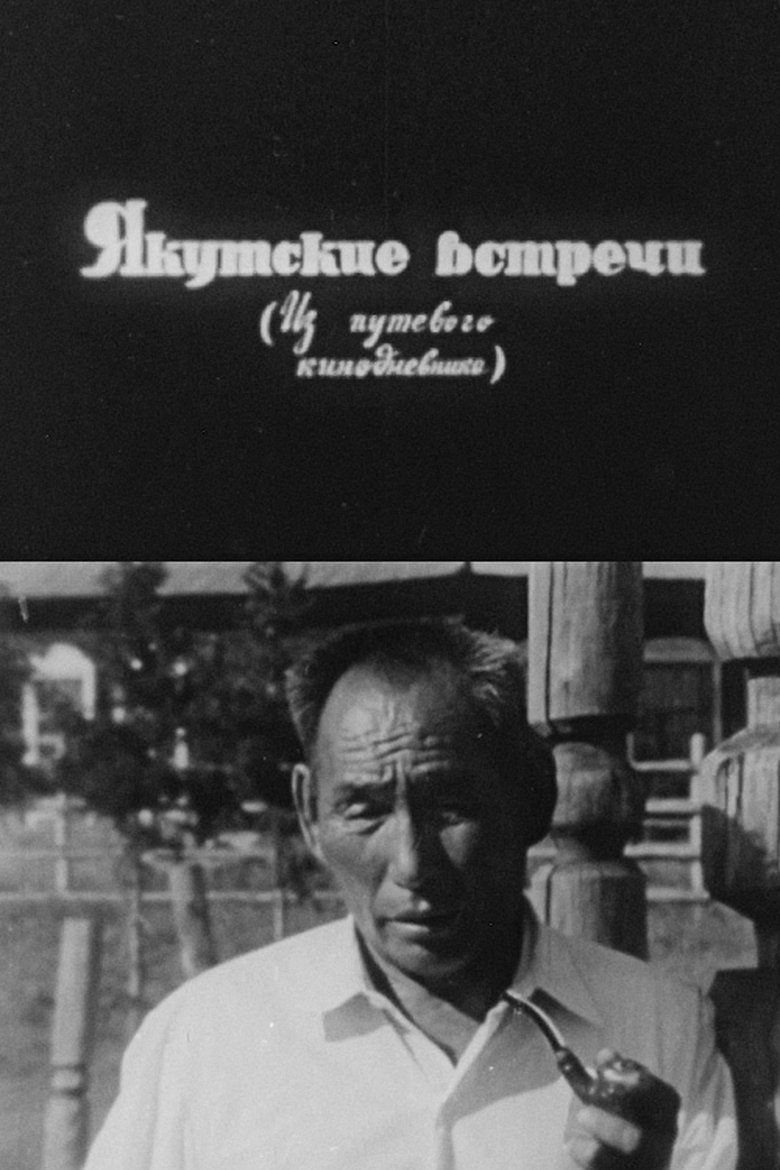
Якутские встречи
Taking the form of a travel diary of a television journalist, this documentary tells about the life and work of the people of Yakutia: pilots, artists, drivers, and reindeer herders.
Rating:
0.0/10
Votes:
0
Year:
1970
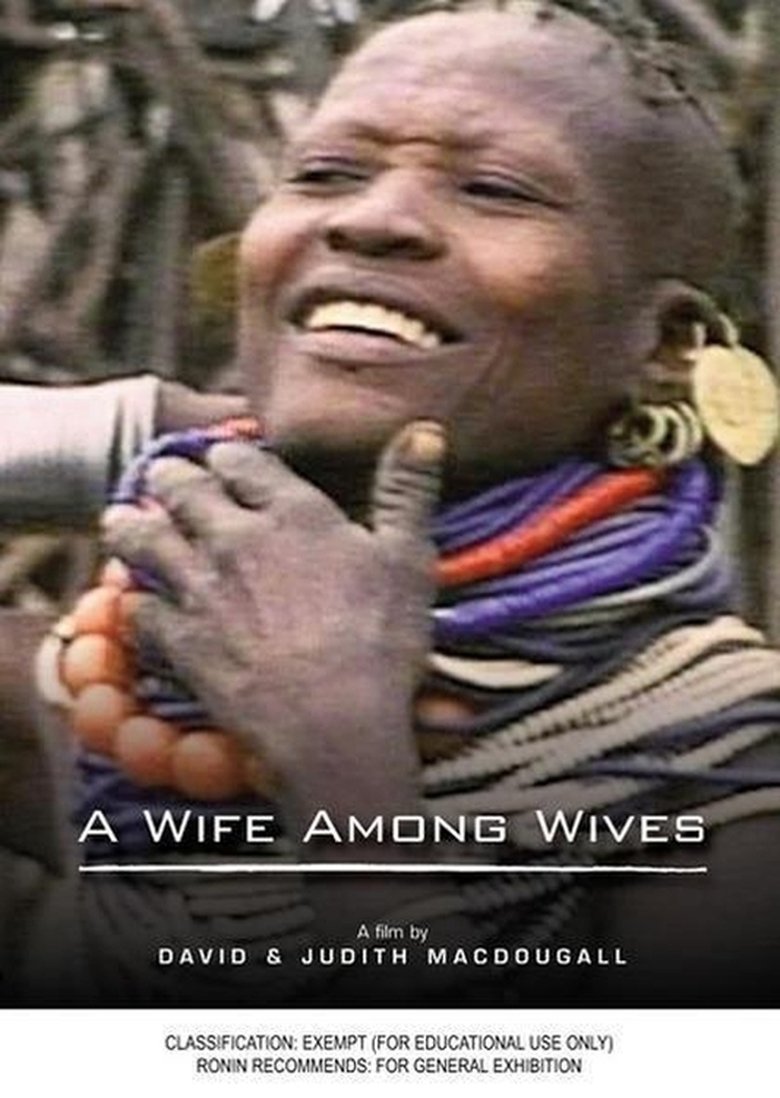
A Wife Among Wives
David and Judith MacDougall are exploring the marriage rituals and roles of Turkana women in this ethnographic documentary. The film's biggest part is taken up by talks between the Turkana people. As one of the first ethnographic documentaries "A Wife Among Wives" subtitles these talks so that the viewer can get a better and probably more personal understanding of the life of the Turkana.
Rating:
6.0/10
Votes:
1
Year:
1981
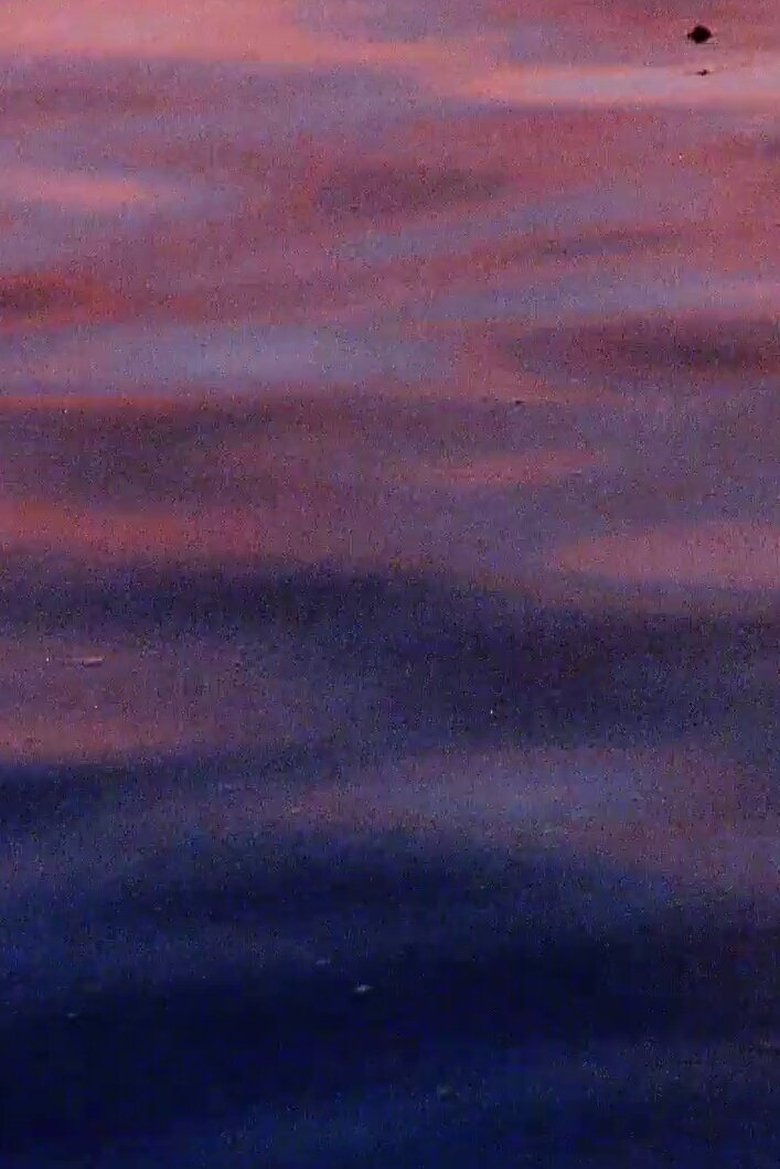
Color-Blind
A synaesthetic portrait made between French Polynesia and Brittany, Color-blind follows the restless ghost of Gauguin in excavating the colonial legacy of a post-postcolonial present.
Rating:
4.0/10
Votes:
1
Year:
2019
If current server doesn't work please try other servers beside.